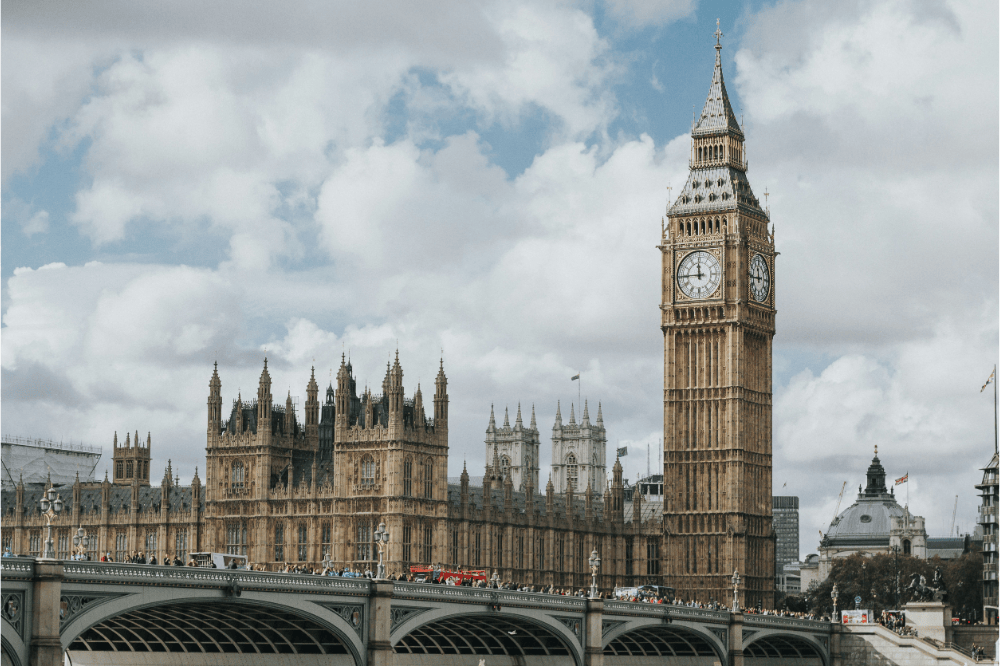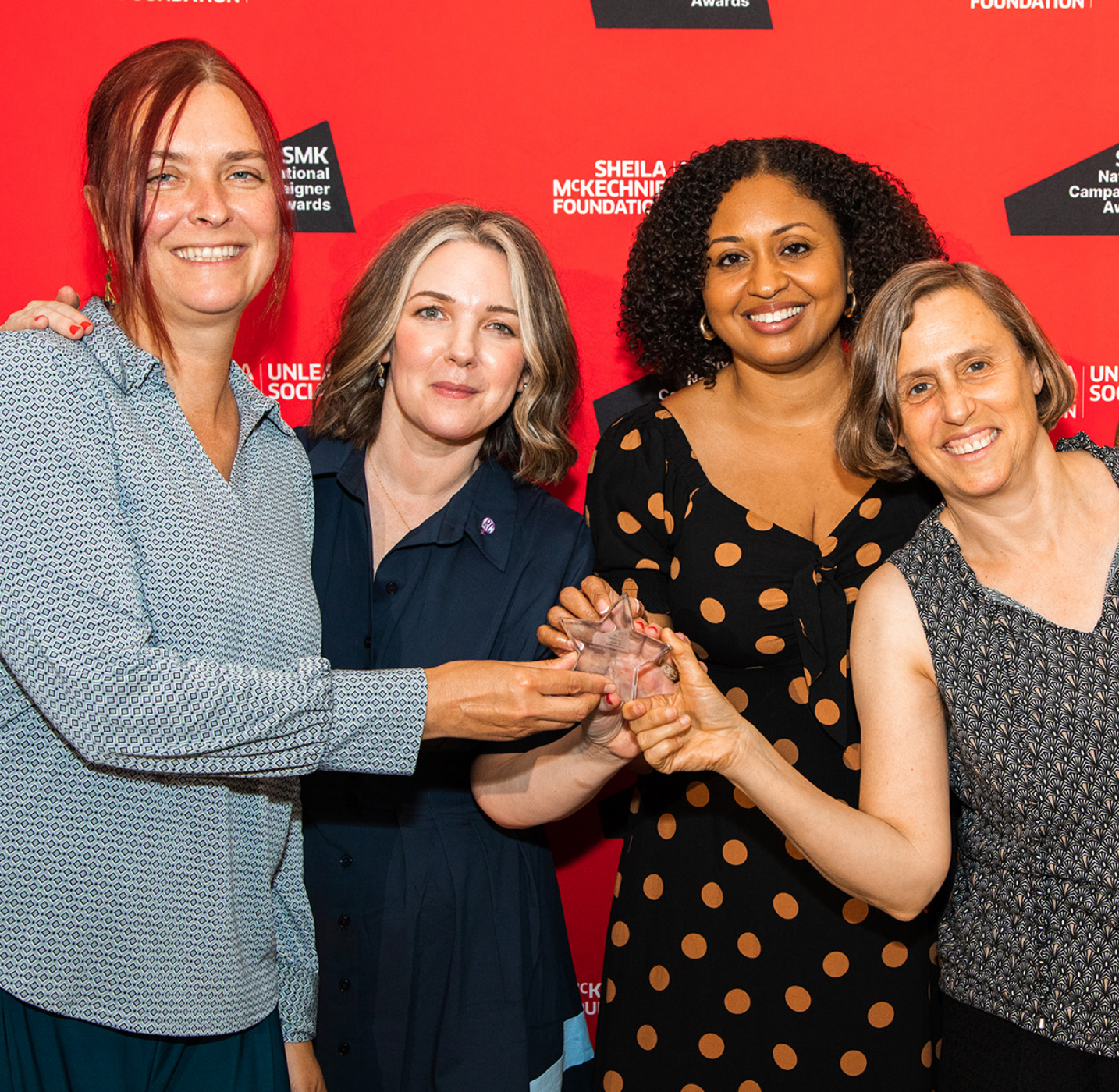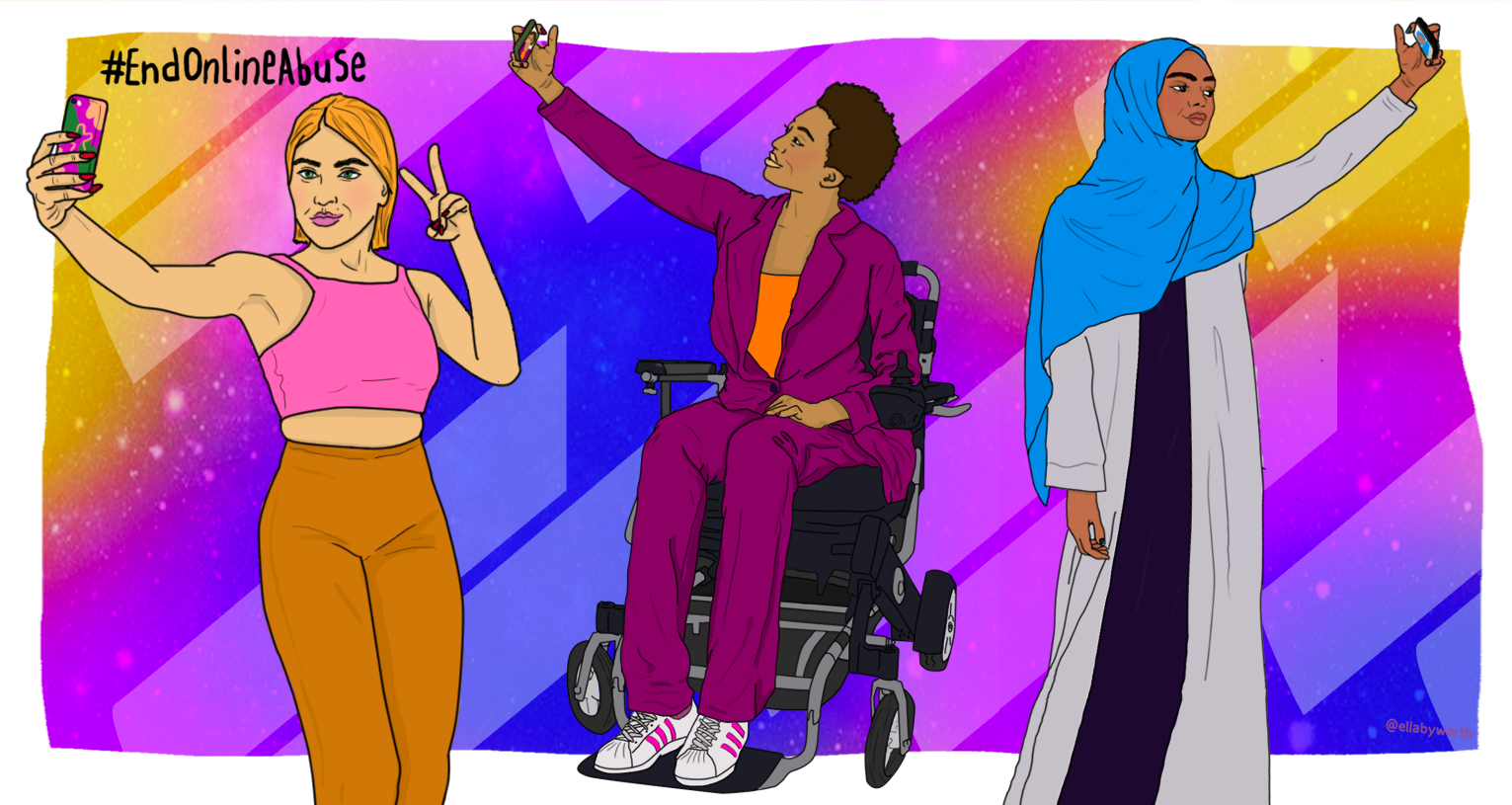 11 Jul
11 Jul
Following weeks of hearing evidence from a range of experts, the Joint Committee on the government’s draft Online Safety Bill yesterday (14th December 2021) released its report, containing recommendations for government on what the new law should contain.
The colossal size of this new law means the committee’s recommendations are in depth and wide ranging, and we welcome the naming of misogynistic abuse as a significant harm facing women and girls online.
However, we are at a loss to understand why a report that goes to considerable lengths to recognise the disproportionate nature of online abuse against women and girls then fails to make a specific recommendation that would tackle this.
The report cites numerous statistics and in fact creates a connection between the failures of online regulation and the murder of Sarah Everard. It says that “[a] law aimed at online safety that does not require companies to act on misogynistic abuse would not be credible.”
We agree, and so do people across the country – a petition launched by EVAW and Glitch secured 30,000 supporters in a single day, and is now approaching 50,000 signatures. But aside from catch all references to the protected characteristics in the Equality Act, we do not see any recommendation or requirement to address this.
Alongside a number of other specialists, we called for abuse of women and girls to be named on the face of the bill, just as children and terrorism are – knowing that the only way social media companies would fix the problem was if it was explicitly addressed in law.
We are disappointed that this report has not made the logical step of creating a specific recommendation that would make the internet a better and safer place for women and girls. This is particularly concerning given the government has claimed that tackling violence against women and girls is its priority.
Whistleblowers’ evidence and the behaviour of some of the big names in tech have shown us that social media companies work hard to avoid scrutiny – if it isn’t asked for, they won’t provide it.
The recommendation that Ofcom should “aim to improve online safety for UK citizens by ensuring that service providers recognise and respond to the disproportionate level of harms experienced by people on the basis of protected characteristics” is weak and without specifics and clear direction, we are concerned it will end up being unenforceable.
With an ongoing theme of powerful companies finding loopholes, we need to see the Bill go further in specifying exactly which harms it intends to address and what service providers should be doing about it.
Online abuse is as harmful as offline violence
Online and offline violence cannot be separated. Our existence cannot be divided into the online world and offline world – the reality is that we are rooted in both and abuse online is as harmful as violence perpetrated offline.
All forms of violence against women and girls have online elements to them. Perpetrators are using technology to create new forms of abuse, and the nature of the Internet means abusive imagery can never be permanently removed, creating new challenges for survivors and justice agencies in tackling it. All the evidence suggests that this will continue to go under the radar unless it’s named.
Codes of Practice for tech platforms
We welcome the recommendation of establishing an Ombudsman and transparency reports containing high levels of detail and data. But it is essential that this data is disaggregated by gender and other protected characteristics, or it will be meaningless.
We also welcome the recommendation that the Bill establish minimum standards for reports, complaints and redress mechanisms in a mandatory code of practice.
The report sets out 12 mandatory Codes of Practice that should be produced by Ofcom, thereby putting standards and requirements on tech companies. However not one of them relates to Violence Against Women and Girls and there is no recognition of gender.
If the government continues to refuse to name women and girls on the face of the Bill, the introduction of a mandatory Code of Practice is the bare minimum that must be done to stand any hope of improving online spaces for half of the UK’s population.
Cyberflashing recommendation misses the mark
The report’s only meaningful recognition of gendered harm is its recommendation to criminalise cyberflashing, echoing the Law Commission’s advice. While we welcome this, the recommendation completely misses the mark by focusing on the need to prove an intent to harm, rather than focusing on whether or not there was consent. This will significantly limit how the new cyberflashing offence can be applied, and will be burdensome on the police and CPS with regard to investigating and prosecuting perpetrators.
We agree with the report that there should be a statutory requirement on internet providers and tech platforms to have systems and processes to identify and mitigate reasonably foreseeable risks of harm. But again, by not being explicit about what that must include, this is a missed opportunity to protect women and girls.
While the report speaks of ensuring courts and police have adequate resources to tackle illegal content, we would stress the vital, life saving and life changing work that specialist organisations provide in this area. These services are chronically underfunded and must also be adequately resourced as part of the new law, in recognition of the harm caused by online abuse. EVAW and other expert women’s organisations are calling for 50% of any funding to be ring-fenced for support services led ‘by and for’ Black and minoritised women.
Commercial porn industry
It appears that the commercial porn industry has been given a free pass by the committee, who focused only on the accessibility of porn to children. While tackling this is vital, the report is missing commitments to ensuring that that porn sites remove any content which features illegal activity – such as rape and sexual assault.
While there is a recommendation that the Bill makes tech platform providers produce ‘Online Safety Policies’, these would need to be regulated and their implementation monitored so that they aren’t rendered meaningless, as we have seen as standard on porn sites. We know that countries such as Canada are looking at how to hold the commercial porn industry accountable for hosting and profiting from non-consensually shared intimate images, and it is unthinkable that the UK lags behind in addressing this significant harms and ensuring the industry is properly regulated.
Media literacy
The draft Bill places a duty on Ofcom to improve the public’s media literacy. This duty largely involves improving awareness around how technology works and how to protect ourselves online. While media literacy is not a standalone solution, we agree with the committee that work around media literacy must be of a high standard.
We have seen Relationships, Health and Sex Education be introduced into the school curriculum with no underpinning of quality standards. The same must not happen with media literacy, and we agree with the proposal that Ofsted be brought in to include this within their inspection framework, alongside government investment.
Tell government to #EndOnlineAbuse
We urge government to listen to survivors like Georgie Matthews for a powerful reminder of why this law must address violence against women.
We will continue to campaign for violence against women and girls to be named on the face of the new online safety law. Join us and almost 44,000 people in calling on the government to make sure the law protects women and girls from abuse and harassment online.
Sign the petition
ENDS
Media information
Contact
Sinead Geoghegan, Communications Manager, sinead.geoghegan@evaw.org.uk 07960 744 502
Recommended ARTICLES
 11 Jul
11 Jul
 09 Jul
09 Jul
 20 Jun
20 Jun

